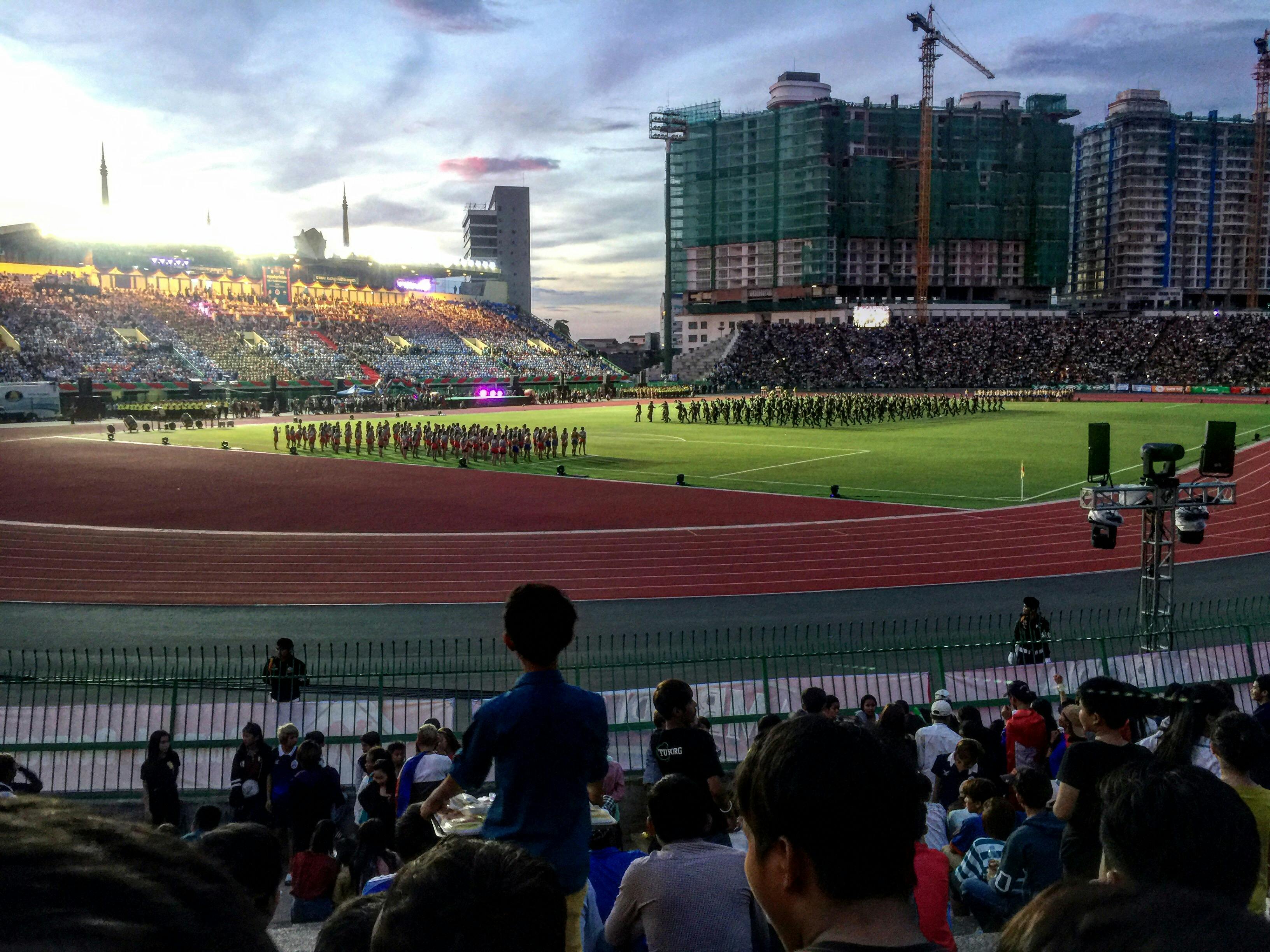To some extent, legal hurdles were already covered in all the previous articles I wrote on gay rights and hurdles. The legal obstacles are the same as those related to same-sex marital acts, economic benefits for married couples, non-discrimination laws, etc. Although there are many discriminatory laws against LGBT people around the world, there is also a positive movement to give more protection to the gay community. One of these positive movements is the proposal for the International Law for the Defense of Human Rights that was presented by Senator Ed Markey and that is being debated at this very moment. This law calls for a senior position in the US Department of State to address violence and discrimination against LGBT members around the world.
That’s just the most recent example of a movement trying to destroy the many obstacles in gay people’s lives. All over the world, countries are debating whether same-sex marriages should be legalized and in many countries it seems like it’s only a matter of time before they are legalized.
Unfortunately, the reverse is also true. More than 40% of UN member countries still spread homophobia and have discriminatory laws against the LGBT community. There is still an increase in violent behavior against gay people around the world. In 2013, both Uganda and Nigeria passed more discriminatory laws against LGBT people and anyone who supports them. Although the US proposed cutting funding to countries with anti-gay laws, the US itself still has a long way to go in convincing its own residents of the illicit nature of homophobia. For example, most states in the US still do not allow same-sex marriages.
The legal rights of the LGBT community differ considerably from country to country, but while only 14 UN countries allow same-sex marriages, it should be clear that there is still a long road to freedom ahead. As a citizen of South Africa, I realize that many people believe that we are at the forefront of legal rights and yet the law and people’s attitudes are not always enforced. Many South African politicians, including the current president of South Africa, have made public homophobic statements in the past showing that our race is far from over.
Homophobia is not only tolerated by most governments in the world, it is written among their laws. Even in the 14 gay-free countries, anti-discrimination laws are not always followed by law enforcement. As an example, there are still many homophobic actions carried out by law enforcement agencies in South Africa. Complaints about these actions are not always taken seriously. There is no point in having anti-discrimination laws if they are not enforced.
Therefore, it should be clear that there are still many legal obstacles in the lives of gay people in all countries of the world.
